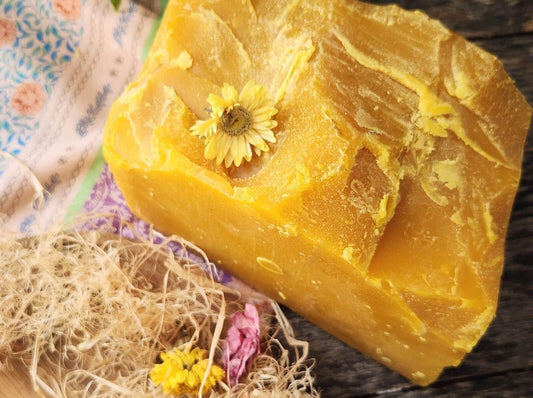Bees are an essential part of our ecosystem, and they play a crucial role in the pollination of plants and crops. Unfortunately, bees and other pollinators are facing many challenges, including habitat loss, disease, and the use of pesticides. In this blog post, we will explore some simple steps that you can take to make your garden more bee friendly and support the health and well-being of these important insects.
One of the easiest ways to make your garden more bee friendly is to plant a variety of flowering plants that provide food for bees. Bees feed on nectar and pollen, which they collect from flowers. By planting a diverse range of flowering plants that bloom at different times of the year, you can provide a steady source of food for bees throughout the growing season. Some good plants to consider include lavender, sunflowers, lilacs, and native wildflowers.
Another way to make your garden more bee friendly is to avoid the use of pesticides and other chemicals. Many pesticides are harmful to bees and other pollinators, and they can kill or weaken these insects, making it difficult for them to survive and thrive. By avoiding the use of pesticides in your garden, you can help to protect bees and other pollinators from these harmful chemicals.
In addition to planting flowers and avoiding pesticides, there are many other simple steps that you can take to make your garden more bee friendly. For example, you can provide a source of water for bees by setting out a shallow dish of water or installing a small water feature. You can also create nesting sites for bees by providing a variety of different types of nesting boxes or habitats.
In conclusion, there are many simple steps that you can take to make your garden more bee friendly. By planting a variety of flowering plants, avoiding the use of pesticides, providing a source of water, and creating nesting sites, you can support the health and well-being of bees and other pollinators in your garden. By making your garden more bee friendly, you can help to protect these important insects and contribute to the health and vitality of our ecosystem.










